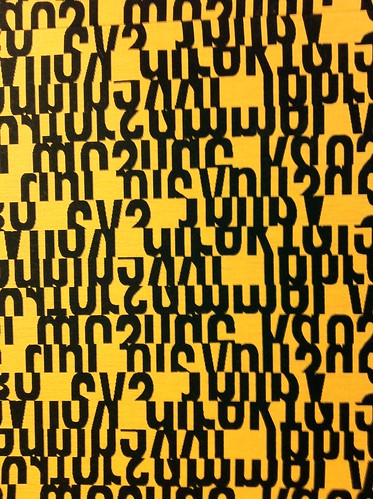Making money is one aspect of publishing, but changing people’s lives and the creative process is far more than that. This guest post from the One Week Book Team will challenge your motivations for writing.
 “Everything is worth what the buyer will pay for it.” ~ Publilius Syrus
“Everything is worth what the buyer will pay for it.” ~ Publilius Syrus
For some reason, people don’t talk about how money is only worth what you can buy with it.
The slips of paper and numbers in my bank account are pretty useless, except for the fact that I can trade them to go places, do things, eat food. The point of money isn’t to have money, it’s to cause things to happen.
When debt was invented, it was a quantification over the mutual ties of obligation that people could already track because we’re primates. Taxes represented the fact that governments would beat up on your village if you didn’t give them the food they needed to stay afloat.
Cash was invented to be able to square off debt in one-off situations.
The definition has changed a bit over time.
Did you know that during the Islamic Golden Age, merchants could write down on a piece of paper that they owed someone something, and then that would be passed around as if it were worth that thing? Like, if I were well-known I could write on a piece of paper that I owed whoever holds this piece of paper a pound of gold, and then that paper would be worth a pound of gold.
If you trade around pieces of debt like that, you can generate a lot of economic activity. It’s pretty awesome, but I digress.
For some reason, nowadays people seem to think that money is actually worth something on its own.
I think that’s kind of sad.
Traditional Publishing seems to mostly be trying to get money. Like, of course they are, but as far as I can tell that’s almost all of their current raison d’être. It’s not about ideas or creation, it’s about maximizing shareholder profits.
Books can be way more than that.
Everyone I know has been changed by a book.
An author thinks thoughts and has ideas that they turn into words. The words are carefully sharpened, honed, and polished into clarity. The words are printed and bound, with only a cover between them in the world.
At their highest, the words convey not only truth, but the processes by which the truth was found. It’s impossible to read a good book, and not be changed by it. A great writer shepherds others out of their shells, and expands their souls.
Thoughts turn into words which are put on pages, moved and then read. In the reading, the words combine with the reader to form new thoughts, and new associations. Readers understand writers through their words, and are moved by them. It’s like broadcast telepathy.
If you tried to explain writing to someone who didn’t know it worked – if you tried to explain that people can transmit thoughts and shape souls through symbols — they would think you were doing magic. If you explained to people in a pre-printing press society that basically anyone in the developed who wants a book can get one now, they’d wonder how everyone became that rich.
The fact that you can get so many books is amazing. The fact that a high-schooler can spend $20 and be moved by the greatest minds in history is staggering. Being able to read Gödel Escher Bach and borrow Hofstadter’s thought processes is staggering. That I can look through time and into the minds of people who lived hundreds or thousands of years ago is staggering.
This is one of the best times to be alive, ever.
And books aren’t even as good as they can be yet!
The current format is based on some considerations from hundreds of years ago that don’t necessarily apply any more. We needed long works because distribution was hard, and updates were pretty much impossible. We needed covers to protect pages.
Now, things are easier, and there are more mediums through which to spread ideas. There are even more ways to make things happen.
Books spread the thought patterns that people have, and makes readers stronger. Writing directly improves people’s lives and minds, and enables them to do and notice more.
Money can move some stuff around, but books can move souls. Ideas move people, and people move the world. Things that neither serve nor help the artistic purpose are really just missing the point.
Getting paid is fine, but it’s a means to an end, not the end. Some dollars might change hands, but that’s not where the impact comes from. That’s not the part that makes things happen.
To rebel is to replace another’s order with one’s own. We believe that books can be more, and so we made Ikigai as part of a stand against traditional publishing.
Aaron Tucker is a blogger and part of The One Week Book Team. Their first book, Ikigai, was produced in 7 days and has received rave reviews on Amazon. Get the book here, and follow the project at www.theoneweekbook.com.
Top picture: Flickr CC My own pic from the Guardian wallpaper, London
